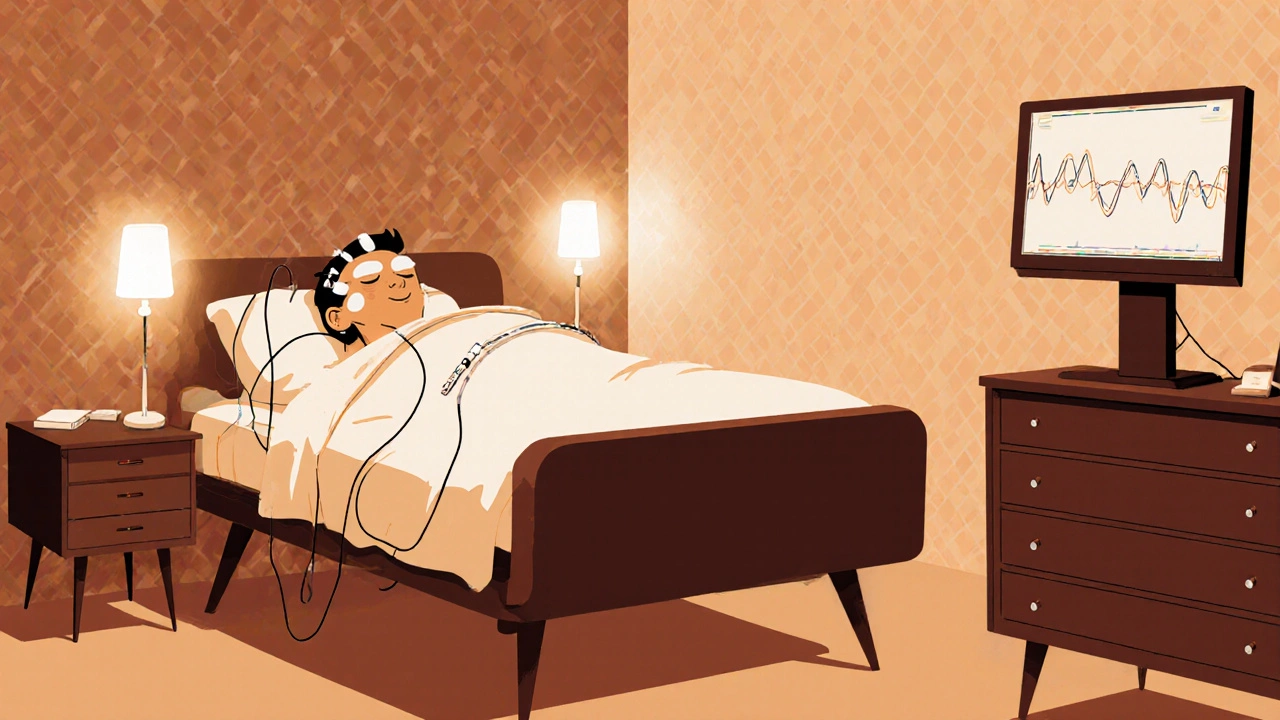Sleep Study: What It Is, Why It Matters, and What to Expect
When you can’t sleep—or sleep too little, too much, or in ways that leave you exhausted—a sleep study, a medical test that records your body’s activity during sleep to find the root cause of your problems. Also known as polysomnography, it’s not just about counting how long you’re asleep. It’s about understanding why your brain and body aren’t resting right. Many people think snoring is just annoying, or that waking up tired is normal. But if you’re tossing all night, gasping for air, or feeling foggy during the day, a sleep study might be the key to fixing it.
It’s not just about sleep apnea, a condition where breathing stops and starts during sleep, often without you realizing it. Sleep studies also catch restless legs syndrome, a nervous system disorder that makes you need to move your legs to feel comfortable, especially at night, and insomnia, when you can’t fall or stay asleep even when you’re tired. These aren’t just inconveniences—they affect your heart, your mood, your focus, and even your lifespan. A sleep study measures brain waves, oxygen levels, heart rate, breathing, and leg movements. It’s the only way to know if your sleep problems are physical, neurological, or something else entirely.
You don’t need to be a sleep expert to understand what the results mean. Doctors look for patterns: how often you stop breathing, how deep your sleep gets, how often you wake up without knowing it. These patterns tell them if you need a CPAP machine, medication, lifestyle changes, or just better sleep habits. The study itself is simple—you sleep in a quiet room with sensors attached, like a hospital version of a sleepover. No needles, no pain, just data that can change your life.
What you’ll find in the posts below are real stories and clear explanations about sleep studies and the conditions they uncover. From how heat affects sleep medications to how head injuries disrupt nighttime routines, these articles connect the dots between your sleep and your health. No fluff. No guesswork. Just what you need to know to ask the right questions and get the right help.

Polysomnography: What to Expect During a Sleep Study and How Results Are Interpreted
Polysomnography is the gold standard sleep study used to diagnose sleep apnea, narcolepsy, and other sleep disorders. Learn what happens during the test, how results are interpreted, and why it's more accurate than home tests.
